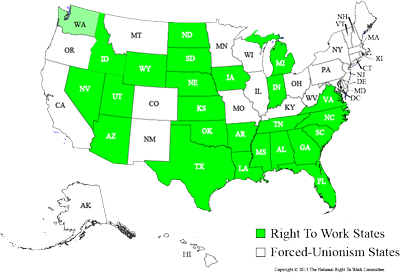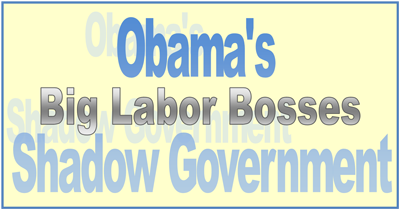Obama NLRB Nominee Fought for Card Check Scam Bill
Surprise, Surprise, President Obama's new NLRB nominees spent their working years at big labor trying to enact the Card Check Forced Unionism Scheme:
One of President Barack Obama’s new National Labor Relations Board nominees dedicated her career at the AFL-CIO to doing away with secret ballots in labor elections—a tactic critics say would make it easier to unionize and expose employees to intimidation.
Nancy Schiffer spent nearly three decades as a union attorney in a career that took her from Detroit’s United Auto Workers to associate general counsel at the AFL-CIO, a Democratic power broker that spent $30 million on the 2012 election. Schiffer took the lead in many unionization efforts across the country and has spent the past few years trying to do away with the secret ballot in union elections.
“[Card check] is needed to address a severe violation of human rights,” she testified to the House Education and Workforce Committee in 2004.




